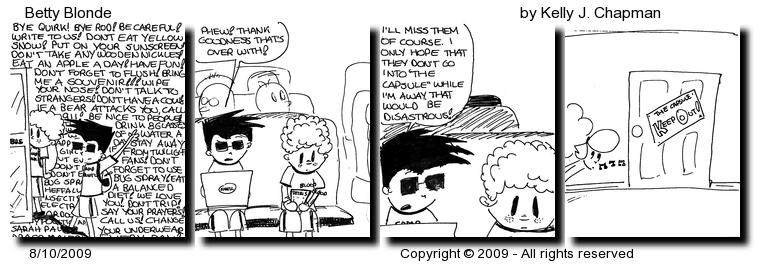I assigned this post to the “culture” category because it certainly does not fall within the domains of science and/or technology. Seemingly qualified people have been saying some loony things about artificial intelligence for quite a few years now. It seems like the cacophony about the idea that a computer will achieve “awareness” in some kind of singularity increases every year even though there are fewer and fewer rational reasons to think it is in any way possible given our current understanding, both of this ill-defined “awareness” and the current state of computer technology and artificial intelligence.
Erik J. Larson wrote a great post over at the Evolution News and Views blog on the Discovery Institute website about this phenomenon. As a successful, long-time researcher on artificial intelligence, Larson is superbly qualified to write on the subject. The post addresses an article in Bloomberg Markets that talks about Google’s Bill Marris and his thinking about these technologies and their ability to allow us to live longer.
About this, Marris actually says, “It will liberate us from our own limitations.”
Larson’s first paragraph of a much longer response to this goofiness really nails it.
A total joke. There’s a story here, though, as Silicon Valley embraces a kind of techno-materialism that disparages traditional religion as sorcery and then ends up with something that actually looks quite a bit like sorcery in its place. Technologist Jaron Lanier has written about this. Lanier calls the movement Digital Maoism, source of a “new online collectivism.” Whenever you hear about some billionaire in the Valley talking about the Singularity, or the Web evolving into a collective mind, it’s actually part of an underlying worldview. A major piece of the worldview is to use science to create a Heaven on Earth. And eventually to create a Heaven in the cloud, when computers go “spiritual.”
I highly recommend reading Larson’s entire take on the subject in this article.
Betty Blonde #276 – 08/08/2009

Click here or on the image to see full size strip.

